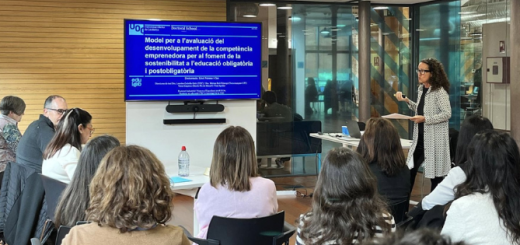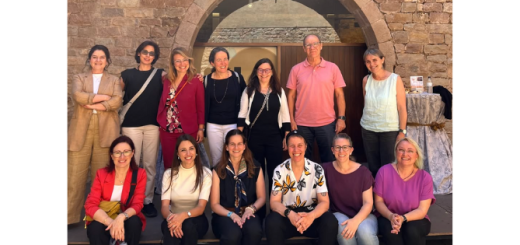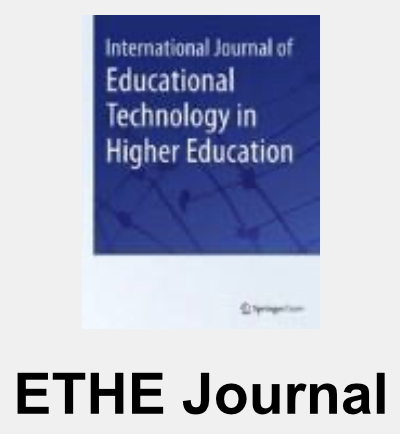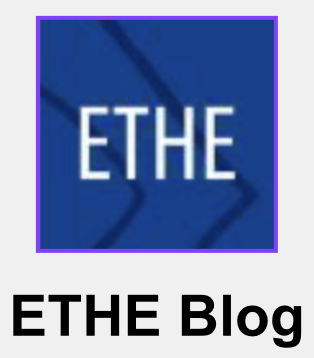Edul@b participates in the final conference of the AMED project
The final meeting and conference of the AMED project was held on 16-19 May 2022 at the Maldives National University (MNU) and was attended by all project partners and beneficiaries.
The objectives of the event were, on the one hand, to inform the community about the activities carried out and the results achieved and, on the other hand, to discuss future actions for the development and continuity of e-learning in the institution. For this purpose, the whole academic community of MUN was also invited, including the participants of a training programme developed within the framework of the programme, authorities from other university institutions, as well as governmental representatives from the area of higher education in the country. Edul@b group members Nati Cabrera, Lourdes Guàrdia, Federica Mancini and Marcelo Maina participated in this meeting.
As part of the official ceremony marking the culmination of the project, Marcelo Maina, the UOC’s project coordinator, reflected on the results of the pilot training programme and its impact on the institutional adoption of hybrid learning. The following aspects were highlighted: a participatory training programme design based on an in-depth analysis of the initial situation and the objectives pursued; the training of the local team of programme facilitators who were able to meet the challenges posed by the pandemic; and finally, an evaluation of the implementation through surveys, interviews and focus groups to identify areas for improvement for future editions.
The training programme is oriented towards the practice and development of hybrid learning adoption projects from an academic and methodological perspective (teachers) but also from a leadership and decision-making perspective (managers). And its success is precisely this holistic approach of AMED that was concretised with the elaboration and implementation of an e-learning roadmap, a document that guides decision-making in the institutional framework for the integration of technology and virtuality in the educational offer of MUN. The project also allowed for the modernisation of the infrastructure with the installation of multimedia production rooms and technology-equipped classrooms. Another noteworthy and crucial aspect for the continuity of the project was the consolidation of the CETE (Center for Educational Technology and Excellence) as a training and support unit for the integration of technologies in the institution.
The UOC delegation also took part in the ceremony to award certificates to the participants in the pilot training programme, which ran from March 2021 to March 2022 and involved 47 teachers and 9 members of management staff.
The conference included two round tables with representatives from MUN and the participating institutions of the project: the UOC, the University of Zagreb and the Croatian Academic and Research Network (CARNET). In the first one, called “Advancing e-learning through good practice sharing”, the different faculties shared their strategies for including hybrid learning in their courses and how they adapted their teaching processes to the conditions generated by the pandemic. Lourdes Guàrdia, member of Edul@b, participated as an expert in the panel, providing suggestions and comments on the experiences presented by the academics.
The second panel, dedicated to strategic planning for e-learning, was attended by Nati Cabrera and Marcelo Maina. The aim of this session was to engage MUN decision-makers and academic leaders in a conversation about the importance of the Roadmap as a strategic document for MUN in its effort to enhance innovation in teaching and learning. This session allowed for the development of a broader understanding of the key areas on which decision-makers and teachers should focus when implementing the activities specified in the Roadmap and planning for e-learning.
To close the event, the UOC took part in a session aimed at teachers and academic managers interested in new approaches to competency-based programmes that empower students in online environments. On the one hand, Nati Cabrera gave a presentation entitled “Implementing a competency-based approach through cross-curricular self-assessment”, based on an innovation project – in which Professor Maite Fernández-Ferrer also participates – applied to the UOC’s Master’s Degree in Quality Assessment and Management in Higher Education, which focuses on the continuous self-assessment by students of the programme’s specific and generic competencies with the support of a tool developed for this purpose. On the other hand, Lourdes Guàrdia, Marcelo Maina and Federica Mancini presented the experience “E-portfolio for employability skills assessment and recognition”, a methodology for assessment and micro-credentialing of employability skills developed within the EPICA HORIZON 2020 project. The results of a pilot implemented at the UOC and three universities in Sub-Saharan Africa illustrated the potential, adaptability and transferability of the proposed methodology.







